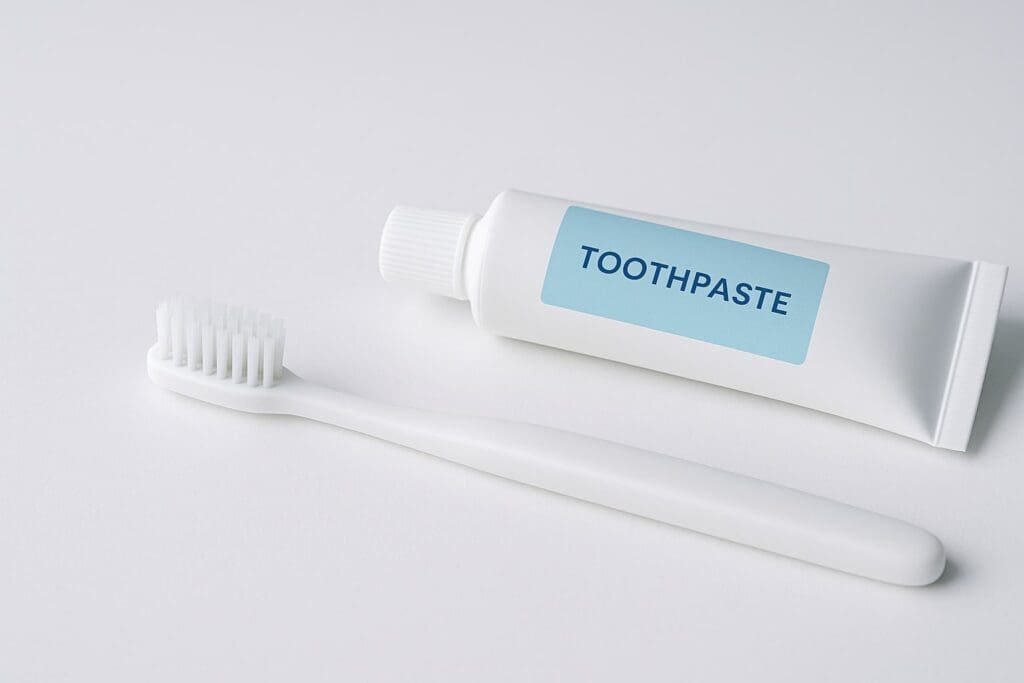Ensuring optimal oral health is crucial for overall well-being. Regular dental care helps prevent common issues, safeguarding your smile for years to come.
Oral health significantly impacts various aspects of life, from nutrition to self-esteem. Ignoring dental care can lead to problems such as gum disease and tooth decay. Regular dental check-ups and personalized advice are vital for maintaining a healthy mouth. By understanding the basics of oral hygiene and the importance of professional dental visits, you can take proactive steps to preserve your dental health with the help of an Abergavenny Dentist.
Essential oral hygiene practices
Effective oral hygiene starts with consistent habits like brushing and flossing. Brushing your teeth at least twice daily with fluoride toothpaste removes plaque and prevents cavities. Flossing daily is equally important as it cleans areas between your teeth that a toothbrush cannot reach. Incorporating these practices into your routine not only keeps your teeth clean but also ensures healthy gums.
A balanced diet is another key factor in maintaining oral health. Foods rich in calcium and vitamins strengthen teeth and gums, while reducing sugary snacks and beverages lowers the risk of tooth decay. Staying hydrated by drinking plenty of water helps wash away food particles and maintains optimal saliva production, contributing to a healthier mouth.
Replacing your toothbrush regularly is also crucial. Getting a new toothbrush every three months or sooner if bristles become frayed is recommended. Worn-out bristles are less effective at cleaning teeth, leading to plaque buildup over time. By adhering to these fundamental practices, you establish a strong foundation for long-term oral health.
The importance of regular dental check-ups
Professional dental check-ups are essential for preventing dental issues before they escalate. During these visits, dentists perform thorough examinations to detect early signs of problems such as cavities or gum disease. They also provide professional cleanings that remove plaque buildup that regular brushing and flossing might miss, ensuring comprehensive care.
These check-ups are not just about addressing existing concerns; they serve as an opportunity for education on best practices tailored to your needs. Dentists offer advice on brushing techniques, dietary choices, and product recommendations that suit your individual circumstances. Establishing a good rapport with your dentist can make these visits more comfortable and informative.
For those who experience dental anxiety, communicating openly with your dentist can help ease fears. Many practices now incorporate gentle techniques and modern sedation options to make patients feel at ease during procedures. Remember that regular visits are key to maintaining oral health, catching issues early, and saving on potential future treatments.
Managing dental anxiety
Dental anxiety is a common challenge that prevents many individuals from seeking necessary care. This fear can stem from past experiences or fear of pain during treatment. It’s crucial to address these concerns as avoiding dental visits can lead to untreated conditions worsening over time.
One effective strategy is discussing your anxiety with your dentist beforehand; this allows them to tailor their approach to ensure comfort throughout the appointment. Practices often offer amenities such as calming music or aromatherapy to create a more relaxing environment. Additionally, many clinics now use sedation dentistry methods that safely alleviate discomfort during procedures.
Empower yourself by learning about the process beforehand so you know what to expect during each visit. Understanding the steps involved can demystify treatments and reduce fear of the unknown. By taking proactive steps to manage anxiety, you can prioritize your oral health without undue stress.
Advancements in dental technology
Modern dental technology has significantly enhanced patient care by making procedures more efficient and comfortable. Digital X-rays provide clearer images with less radiation exposure compared to traditional methods, aiding in accurate diagnosis and treatment planning.
Sedation techniques have also evolved, offering options ranging from mild relaxation methods to deeper sedation levels depending on patient needs. These advancements ensure even those apprehensive about visiting the dentist receive necessary treatments in a stress-free manner.
The use of advanced equipment extends beyond diagnostics; it includes cutting-edge treatments like laser dentistry which offers precision in targeting affected areas while minimizing discomfort and recovery time. Embracing these technologies demonstrates a commitment to providing top-tier care tailored specifically for each patient’s comfort and safety needs.

